As a conscientious pet owner, your beloved companion’s safety and well-being are top priorities. While you can’t predict every potential hazard, you can take proactive steps to minimize the risk of common pet emergencies. Our Companion Care Animal Clinic team explores five common pet emergencies and provides tips on how to prevent them.
#1: Toxicity: Safeguard your pet against harmful substances
Curious pets explore the world with their mouths, which puts them at risk for toxin ingestion. Common causes of toxicity in pets include:
- Toxic foods — Chocolate, xylitol, grapes and raisins, onion, garlic, macadamia nuts, alcohol
- Human medications — Ibuprofen, naproxen, acetaminophen, antidepressants, ADHD medications, heart and blood pressure medications
- Household cleaners — Bleach, ammonia, phenols
- Antifreeze — Ethylene glycol
- Rodenticides — Cholecalciferol, bromethalin, warfarin, zinc phosphide
- Insecticides and Herbicides — Organophosphates, slug baits
Toxicity signs can range from vomiting and diarrhea, to neurologic signs, to kidney failure, depending on the toxin ingested. If your pet suddenly develops puzzling signs, have them evaluated immediately for possible toxicity, since many cases can quickly progress to death.
You can prevent your pet from ingesting a toxin by:
- Pet-proofing your home to ensure your pet cannot access any toxic substances
- Ensuring your pet stays out of the kitchen while you are working with any toxic ingredients
- Teaching children and guests not to feed your pet table food
- Storing medications securely and out of your pet’s reach
- Keeping toxic plants out of your home and flower beds
#2: Car accidents: Buckle up for safety
Pets can be injured while riding in a car or by being hit by a moving car, and the results of both situations can be heartbreaking. Pets who are hit by cars often suffer broken bones, severe internal trauma, or immediate death. Pets who are present during a car accident can be thrown against a window or from the car, or may be crushed.
Prevent a car catastrophe by:
- Keeping your pet on a leash during walks
- Never letting your pet roam freely
- Keeping your cat in a carrier during car rides
- Using a pet seat belt for your dog during car rides
#3: Dog fights: Foster positive interactions
Dog fights can be distressing and dangerous for everyone involved. While some dog fights occur at dog parks or other places where unknown dogs gather, confrontations also commonly occur between household pets. Dog fights frequently result in bite wounds, broken bones, or internal trauma, especially when a small dog is picked up and shaken by a large dog.
You can help prevent dog fights by:
- Socializing your dog with other animals from a young age
- Keeping your dog in a fenced yard when they are outside
- Keeping your dog on a leash during walks
- Closely monitoring your dog’s interactions with other dogs at dog parks
- Limiting your dog’s contact with other dogs if they have previously displayed aggressive behaviors
#4: Urethral obstruction: Keep your pet’s urinary health in check
Urethral obstruction occurs when a pet’s urethra becomes blocked by debris or a bladder stone, preventing them from urinating. As the pet’s bladder overfills with urine, and toxins normally eliminated in the urine accumulate in their body, they become increasingly sicker. Without prompt treatment, affected pets can suffer bladder rupture and death. Urethral obstruction occurs most commonly in male cats with a history of feline lower urinary tract disease (FLUTD).
Although not all cases of urethral obstruction can be prevented, you can decrease your pet’s risk by:
- Ensuring they have access to fresh water at all times
- Feeding a balanced diet to maintain urinary health
- Monitoring your cat for signs of distress while in their litter box
- Closely monitoring your cat’s urinary health if they have a history of FLUTD
#5: Vomiting and diarrhea: Address gastrointestinal concerns
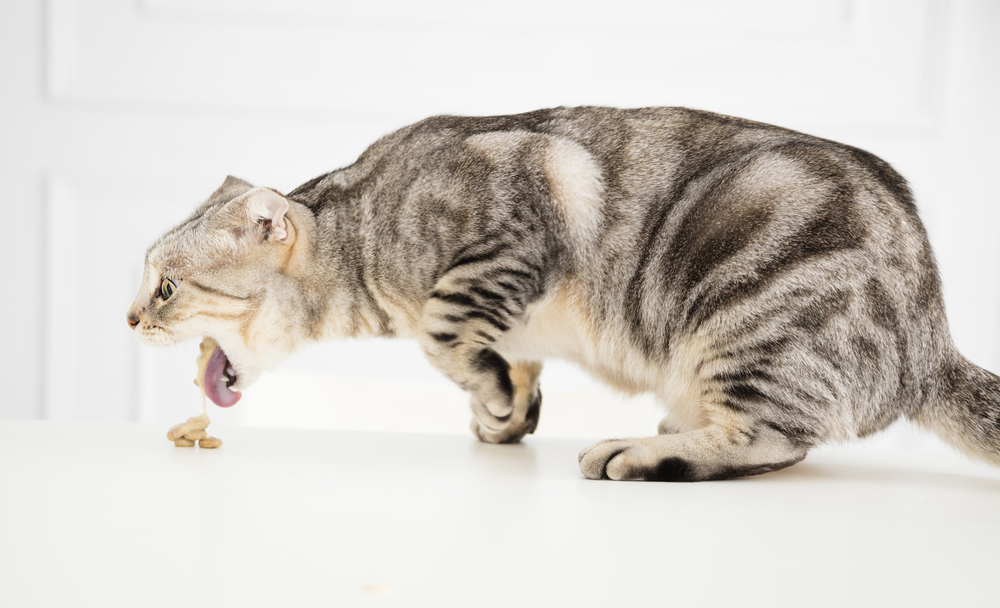
While a single bout of vomiting or diarrhea may not warrant a trip to the emergency hospital, repeated episodes can indicate a serious underlying health issue. Severe vomiting or diarrhea can lead to dehydration, electrolyte loss, and weakness, and require prompt treatment. Although not all cases of gastrointestinal distress can be prevented, taking precautions can head off many instances.
You can decrease your pet’s risk of vomiting and diarrhea by:
- Not feeding your pet table scraps
- Preventing access to the trash
- Ensuring your pet is up to date on all their vaccines
- Providing year-round parasite control
- Having annual fecal checks performed
Preventing common pet emergencies involves a combination of awareness, responsible ownership, and proactive measures. By being aware of common hazards and taking action to prevent accidents, you can significantly reduce the likelihood of an emergency room visit. If you are concerned that your pet may need emergency care, call our Companion Care Animal Clinic team.


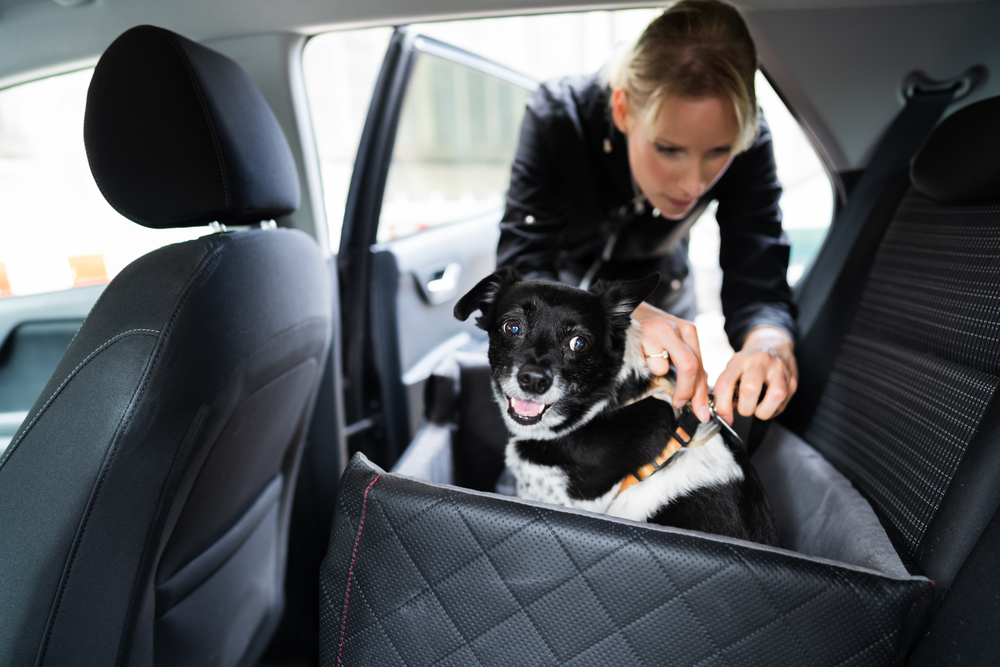
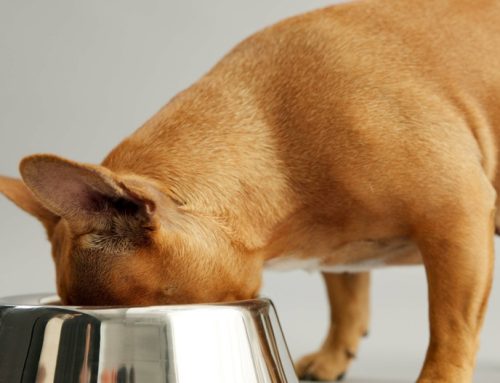
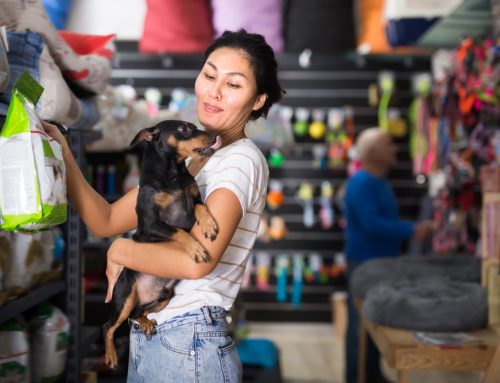
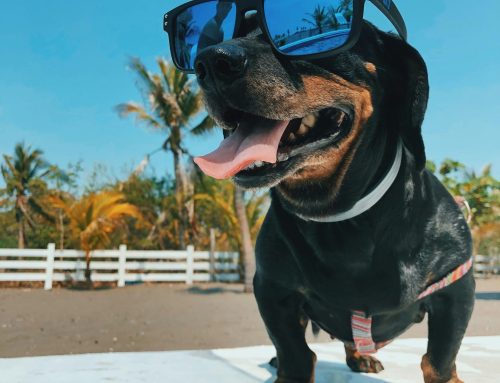

Leave A Comment